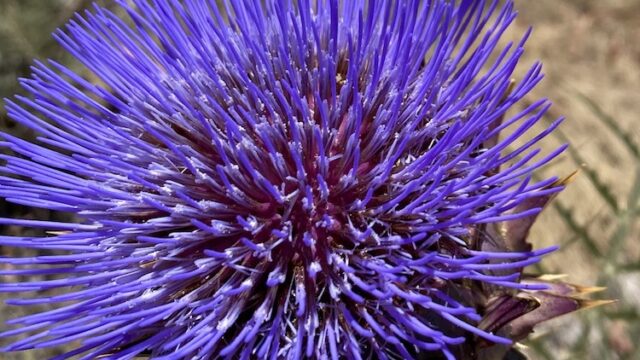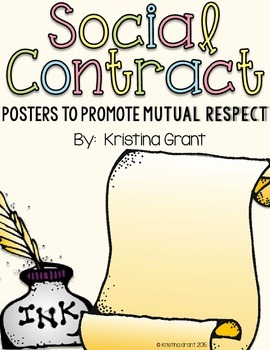In this moment of the COVID-19 pandemic, we have, for the most part, voluntarily detached from the sources of our connection to life. These relationships provide the glue that makes us social beings and involve family, friends, and those in the larger community. Circumstances have mandated social isolation for a few weeks. But if such a period is prolonged, the downsides begin to appear. Three months into the pandemic, the deafening silence of social isolation is creating a rising tide of loneliness. Like a slow-motion wave, it is gaining speed and momentum.
Loneliness, according to many psychologists, is not necessarily about being alone. Rather, it is about feeling alone and isolated. Because loneliness is a state of mind, it has straightforward solutions. The question is when and where to apply them. The easiest way to decrease and even end loneliness is to focus on activities that distract. They distract us from the missing social bonds that we ache to experience. Such distractions are effective temporary measures. Inevitably, their therapeutic effect wears off and the loneliness returns. But this gives a glimpse into what can be a more permanent solution. That is, loneliness depends on memories to feed the feeling. We recall the friends and family we miss, the conversations we had that are now nonexistent. And we pine for what those memories conjure up.
The more enduring solution, therefore, is similar to the temporary one but involves returning to a more permanent state of mind. A state where memories are no longer the salient thing. This argument does not suggest eliminating memories; It suggests eliminating their saliency and importance. Notice too that the implication is that this is a more natural state of being. How is this possible? The best way is to make focusing on the present moment a way of life. Practicing this leads to making current experiences more salient compared to past events.
I know this because this practice has an extensive history in the psychological and metaphysical literatures. And we can gauge the practice’s efficacy and effectiveness by studying such literature. For me, the experience is also personal. Reducing the saliency of memories, reduces the loneliness created by longing for the past. To make this a reality, we must persist in the practice. Like other changes in behavior, we need to train the mind until it becomes an automatic response.
What happens when the practice is successful? Most of the time, dwelling on the present means a rising curiosity regarding the world, nature, our bodies. It further means a lessening interest in our inner and deprecating self-talk. This outward curiosity of a child recalls a more natural state that we once experienced. It is a state of mind that wants to know the ‘why’- ness of things. We become absorbed and interested in the smallest and most irrelevant of things. It produces a rise in creative thinking for we recognize that nothing is irrelevant; Everything seems fitting and beautiful. The deafening silence of loneliness becomes the resonant joy of life. It does not mean that loneliness won’t occur and take you by surprise. Instead of dwelling on it, however, the curious, present-focused mind knows what to do and can nip the rising feeling in the bud.
Image by soumen82hazra from Pixabay







